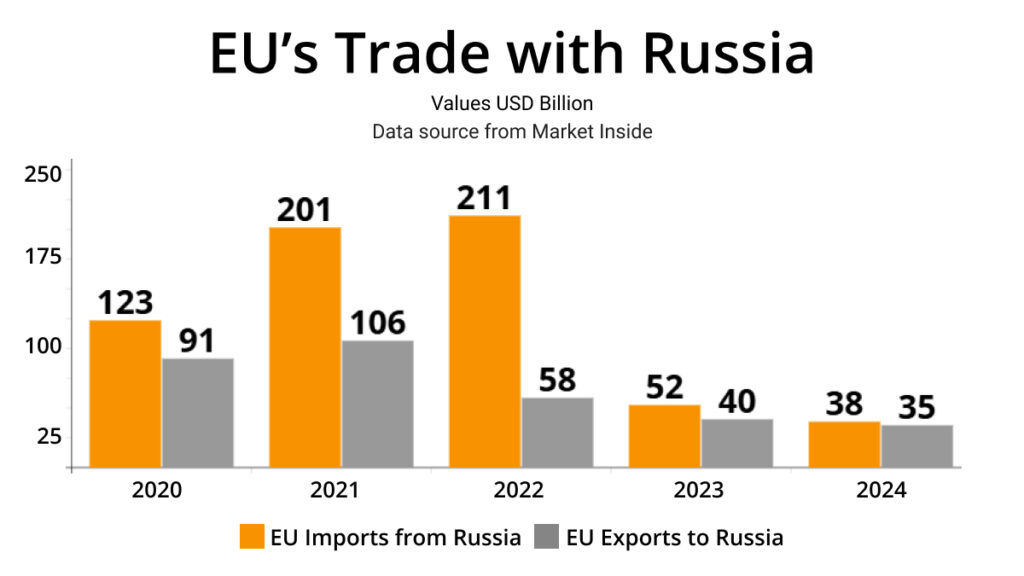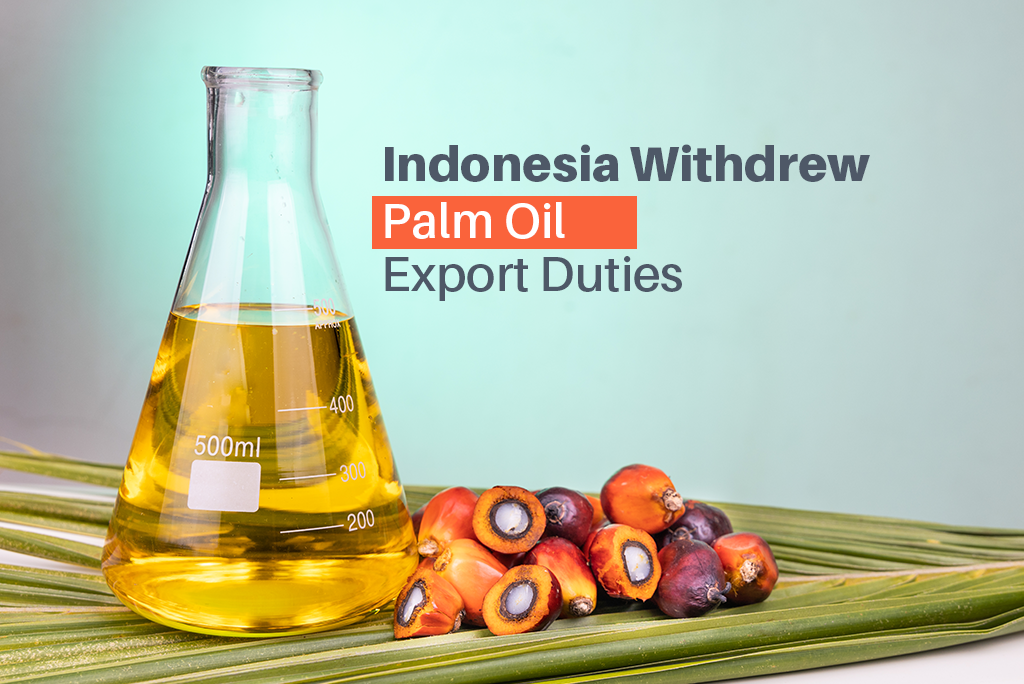In a significant move that signals growing strategic assertiveness from European powers, the United Kingdom and the European Union have jointly imposed a fresh round of sanctions on Russia — notably without waiting for coordination or backing from the United States. Russia has already been under sanctions from the EU, UK, and other countries due to its attack on Ukraine. Everything about this development is explained here with Market Inside stats.
A Decisive European Step
The new sanctions, announced in mid-May 2025, target key sectors of the Russian economy, including energy, finance, and defense, as well as several high-ranking Russian officials and companies. The measures are seen as a direct response to ongoing Russian aggression in Ukraine and its broader geopolitical posturing in Eastern Europe and beyond.
European officials framed the action as both a continuation of their firm stance on Russian violations of international norms and an assertion of policy independence amid growing uncertainty over the direction of U.S. foreign policy.

| Year | EU Imports from Russia | EU Exports to Russia |
| 2020 | 123 | 91 |
| 2021 | 201 | 106 |
| 2022 | 211 | 58 |
| 2023 | 52 | 40 |
| 2024 | 38 | 35 |
*****Value USD Billion
The U.S. — A Silent Partner?
Perhaps most striking is the conspicuous absence of the United States in this latest round of sanctions. While the U.S. has historically led or closely coordinated with allies on sanctions against Russia, the Biden administration’s measured or delayed response this time around — potentially influenced by election-year calculations or domestic distractions — has left European leaders unwilling to wait.
According to EU officials, attempts were made to synchronize efforts with Washington, but the lack of a clear timeline from the White House prompted Brussels and London to act independently.
The Transatlantic Shift
This development may signal a broader shift in transatlantic relations. While the U.S. remains a key NATO ally, European nations — especially after witnessing previous delays and hesitations in Washington — are increasingly willing to move forward on urgent foreign policy matters without U.S. endorsement.
This is especially true for the UK, which, post-Brexit, has embraced a more agile and independent foreign policy. British Foreign Secretary [Name] stated that “the urgency of the situation required immediate action,” emphasizing the UK’s commitment to standing with Ukraine “without delay or doubt.”

| Year | UK Imports from Russia | UK Exports to Russia |
| 2020 | 24 | 2 |
| 2021 | 24 | 3 |
| 2022 | 6 | 1 |
| 2023 | 0.3 | 0.8 |
| 2024 | 0.4 | 0.7 |
******Value USD Billion
Global Reaction and Russian Response
Moscow has condemned the new sanctions, calling them “hostile and unfounded,” and has threatened retaliatory measures. Russian markets reacted with mild turbulence, while European markets remained largely stable, indicating that such sanctions have now become part of the geopolitical status quo.
Meanwhile, Ukrainian officials welcomed the European move, calling it a “timely and necessary step” in keeping pressure on the Kremlin.
What’s Next?
As the geopolitical landscape continues to evolve, this episode underscores the growing independence of European foreign policy — and a potential rebalancing of leadership in the Western alliance.
Whether the U.S. chooses to join this latest sanctions effort in the coming weeks remains to be seen, but for now, the message from London and Brussels is clear: when action is required, Europe is ready to lead.




